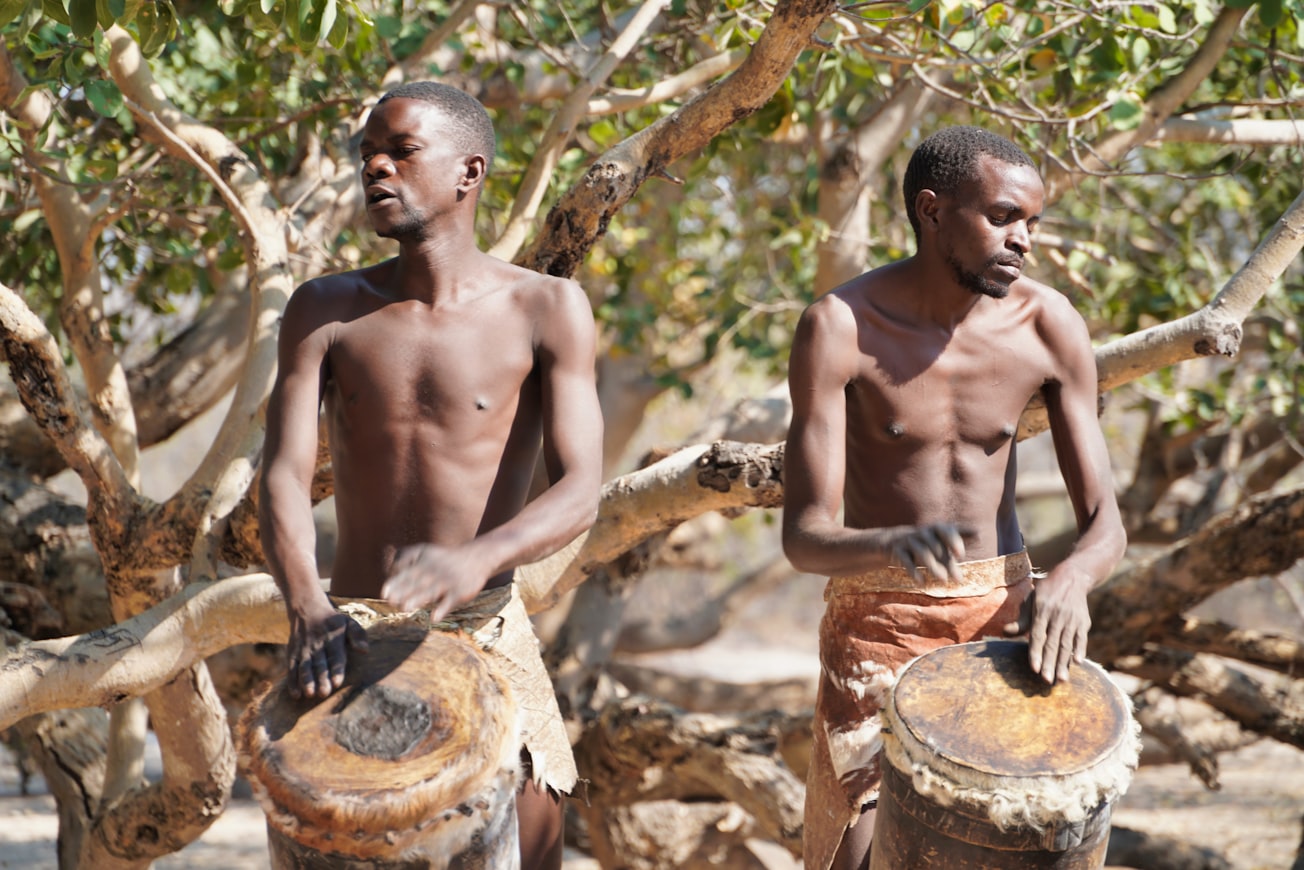What is it about?
Using expertise of trans-disciplinary team populated following the ICCROM's Heritage Place Lab (HPL) site management approach, we found that cultural values of not only the Okavango Delta World Heritage Sites (OD-WHS) but those of other natural world heritage sites in Africa (especially those marked as "in danger") , are usually 'silent' and not significantly expressed in these sites landscapes currently branded as of 'natural' criteria. This we observe, sidelines local community values, and subsequently, their participation, and often leads to potential conflicts of use and access to the landscape. This research therefore alerts conservationists to embrace a wholistic approach to conservation, such as that of the ICCROM's HPL exercise, that allows for recognition of all site experts who then account for all values. in the process leading to a more sustainable conservation approach of these landscapes.
Featured Image

Photo by Datingjungle on Unsplash
Why is it important?
Because it will allow for various indicators of sustainable development for conservation to be taken into account.
Perspectives
More and more research onto cultural values of what is commonly known as "natural" sites of world heritage list is important to balance stakeholders' participation and recognition on a landscape such as the Okavango Delta World Heritage site
Dr Susan Osireditse Keitumetse
University of Botswana
Read the Original
This page is a summary of: Exploring cultural values of African wetlands for sustainable conservation: Okavango Delta World Heritage Site, Botswana, Journal of Cultural Heritage Management and Sustainable Development, August 2023, Emerald,
DOI: 10.1108/jchmsd-09-2022-0167.
You can read the full text:
Contributors
The following have contributed to this page







